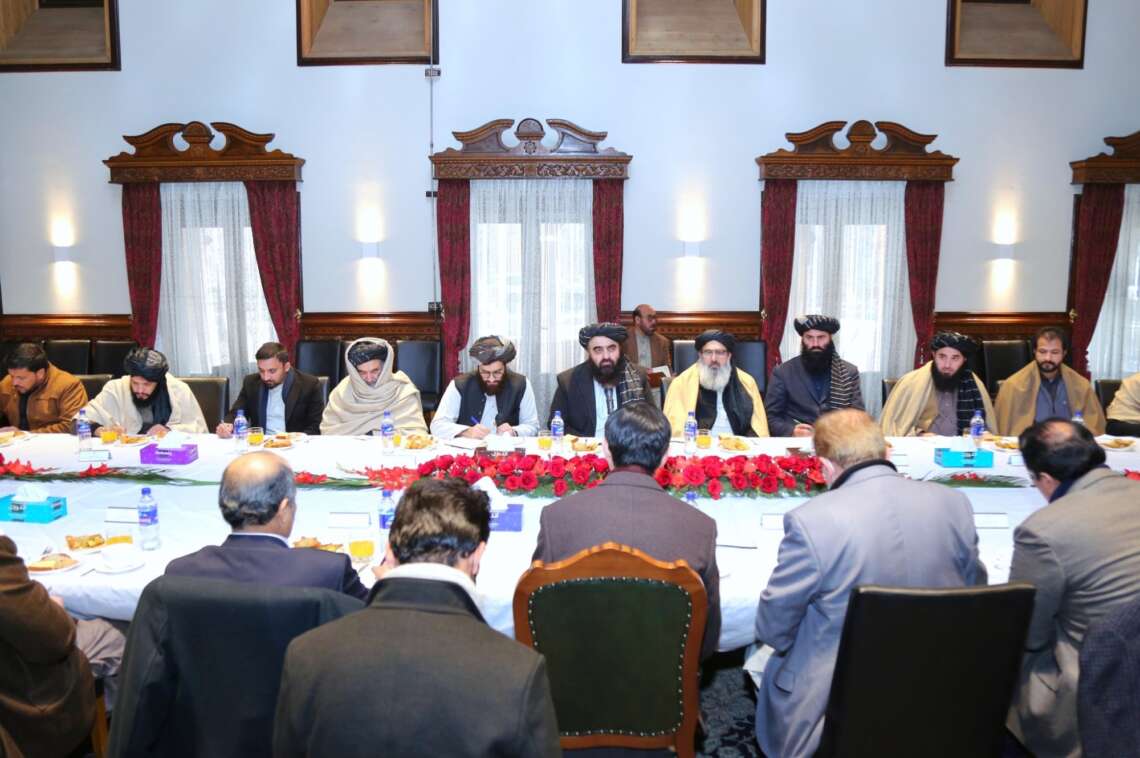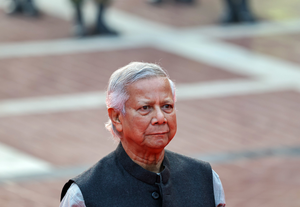Pakistan and Afghanistan have resumed high-level talks in Kabul after more than a year, with officials from both sides meeting under the framework of the Joint Coordination Committee (JCC) in a bid to ease deepening tensions over border security, refugee repatriation, and allegations of cross-border militancy.
Pakistan’s Special Representative for Afghanistan, Ambassador Sadiq Khan, led the Islamabad delegation in the day-long discussions, marking the second round of the JCC after a 16-month hiatus. The meeting is part of Pakistan’s renewed diplomatic push to stabilise its fraught relationship with the Taliban-led government in Kabul.
The Afghan delegation was led by Mullah Abdul Qayum Zakir, Afghanistan’s Deputy Minister of Defence, a key figure within the Taliban with a longstanding hardline stance on Pakistan. His presence at the negotiating table is seen as a signal of the gravity Kabul attaches to the talks, despite the visibly strained backdrop.
Tensions between the two neighbours have surged in recent months, particularly over Pakistan’s claims that the Afghan Taliban are aiding anti-Pakistan militant groups, including the Tehreek-e-Taliban Pakistan (TTP) and separatist insurgents operating in Balochistan. Islamabad accuses Kabul of offering safe havens and logistical support to these outfits, many of which have intensified their attacks inside Pakistan.
These accusations have been consistently denied by the Taliban authorities, who say they do not allow Afghan soil to be used against any country. Nevertheless, frustration in Islamabad has grown as violence persists in border regions and urban centres alike.
Simultaneously, the Afghan government has strongly objected to Pakistan’s ongoing repatriation campaign targeting undocumented Afghans and holders of Afghan Citizen Cards (ACCs), thousands of whom have already been deported. Kabul has urged Islamabad to halt the expulsions and revisit its policy, calling the measures harsh and inhumane, especially during Ramadan and amid Afghanistan’s economic hardships.
Pakistan has so far refused to reconsider its stance, citing national security concerns and economic pressures. The policy has drawn criticism from international human rights groups but is broadly popular among sections of the domestic population.
Meanwhile, in a sign of parallel diplomacy, a separate Afghan delegation led by Industry and Commerce Minister Noor Uddin Azizi arrived in Islamabad today to engage with Pakistani officials on economic and trade matters. The group includes senior representatives from several Afghan ministries, including Foreign Affairs, Finance, Refugee Affairs, Civil Aviation, Agriculture, and the private sector.
The visit underscores Kabul’s interest in maintaining commercial ties even as political and security relations remain rocky. Both sides are expected to discuss trade facilitation, transit issues, investment cooperation, and potential solutions to border delays that have hurt businesses on both sides.
Observers believe this two-pronged diplomatic effort represents a cautious thaw between the two governments, despite their mutual grievances. “The stakes are too high for both countries to let relations deteriorate further,” said a regional analyst in Islamabad. “Pakistan needs stability along its western border, and the Taliban need Pakistan’s cooperation to manage economic and humanitarian challenges.”
The outcome of the JCC meeting remains uncertain, but the resumption of formal dialogue is being viewed as a modest step forward in what has been an increasingly volatile relationship. In the coming days, both governments are expected to release statements outlining any agreements or follow-up mechanisms established during the talks.
Whether these talks will pave the way for real policy shifts remains to be seen, but the re-engagement signals a recognition on both sides that isolation and escalation are no longer viable options.








